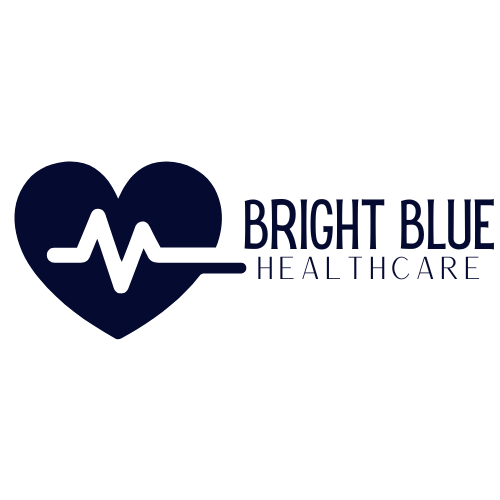As medical professionals, we understand the critical role that health care plays in our society. Our expertise and knowledge are instrumental in providing optimal patient care. However, it is equally essential that we have a robust health care system that supports our efforts, allowing us to deliver the highest level of care to our patients. In this article, we will explore the importance of health care for medical professionals and the role it plays in ensuring the well-being of both healthcare providers and patients.
Introduction
Health care is a multi-dimensional field that encompasses a range of services aimed at promoting and improving the well-being of individuals and communities. As medical professionals, our work revolves around diagnosing, treating, and preventing illnesses to enhance the overall quality of life for our patients. However, without a well-functioning health care system in place, our ability to deliver exceptional care may be compromised.
The Role of Health Care in Supporting Medical Professionals
A robust health care system offers a multitude of benefits to medical professionals, empowering us to perform our duties effectively and efficiently. Here are a few key areas where health care plays a vital role in supporting medical professionals:
1. Access to Resources and Technology
Advanced medical resources, equipment, and technology are vital for accurate diagnosis and treatment. A well-structured health care system ensures that medical professionals have access to these essential resources. From state-of-the-art diagnostic tools to cutting-edge treatments, health care facilitates our ability to provide the best possible care for our patients.
2. Continuing Education and Professional Development
The medical field is constantly evolving, with new research and techniques emerging regularly. To stay at the forefront of our respective specialties, medical professionals rely on a healthy health care system that invests in continuing education and professional development opportunities. Access to training programs, workshops, and conferences allows us to enhance our knowledge and skills, ultimately benefiting our patients and the overall healthcare landscape.
3. Efficient Administration and Documentation
Efficient administrative support and streamlined documentation processes are essential for medical professionals to focus on patient care. A robust health care system provides medical professionals with the necessary administrative resources, such as electronic health record (EHR) systems, efficient appointment scheduling, and billing support. These tools simplify administrative tasks, minimize paperwork, and allow us to allocate more time to patient consultations and treatment plans.
4. Emphasis on Mental Health and Well-being
Medical professionals often face high-stress situations and long working hours, which can take a toll on their mental health and overall well-being. A comprehensive health care system recognizes the importance of addressing these challenges and offers resources such as counseling, mental health support, and wellness programs. By prioritizing the well-being of medical professionals, the health care system ensures that providers can deliver exceptional care without compromising their own health.
The Impact of Health Care on Patient Outcomes
While the importance of health care for medical professionals is evident, it is equally crucial to consider its impact on patient outcomes. A well-functioning health care system does not only benefit medical professionals; it also plays a pivotal role in enhancing patient care and well-being. Here’s how:
1. Accessible and Affordable Care
Health care should be accessible and affordable to all individuals, regardless of their socioeconomic status. An equitable system ensures that patients have access to medical professionals, treatments, medications, and preventive services, enabling early intervention and better health outcomes. By removing barriers to care, the health care system becomes an indispensable tool to improve the health of individuals and communities.
2. Integrated and Coordinated Care
A strong health care system encourages coordination and collaboration among medical professionals, allowing for integrated care. With seamless communication and shared information, patients receive cohesive and comprehensive treatment plans. Whether it involves multi-disciplinary teams or electronic health records that can be accessed across different healthcare settings, integrated care minimizes errors, maximizes efficiency, and improves patient outcomes.
3. Preventive Care and Public Health Initiatives
Health care extends beyond the realm of individual patient encounters. A robust system emphasizes the importance of preventive care and public health initiatives. By promoting regular screenings, vaccinations, health education campaigns, and disease surveillance, the health care system contributes to the prevention and control of diseases, leading to healthier populations and improved patient outcomes.
4. Quality Assurance and Patient Safety
A well-functioning health care system prioritizes quality assurance and patient safety. Through the implementation of evidence-based guidelines, adherence to strict protocols, and continuous monitoring, it ensures that medical professionals deliver safe and effective care. By providing medical professionals with the necessary resources and support, the health care system fosters a culture of accountability and excellence, ultimately benefiting patients.
Conclusion
As medical professionals, we recognize that health care is the backbone of our profession. It not only supports our efforts but also plays a crucial role in enhancing patient care and well-being. A robust health care system provides medical professionals with access to resources and technology, supports ongoing education and development, streamlines administrative processes, and addresses mental health and well-being. Simultaneously, it ensures equitable and accessible care for patients, promotes integrated and coordinated care, prioritizes preventive initiatives, and ensures high standards of quality and safety.
By acknowledging the importance of health care for medical professionals and patients alike, we can work towards building a healthcare system that continuously evolves to meet the needs of a changing world. By advocating for an equitable, accessible, and patient-centered health care system, we can strive for excellence in our profession, providing the best possible care for our patients and contributing to a healthier society as a whole.





